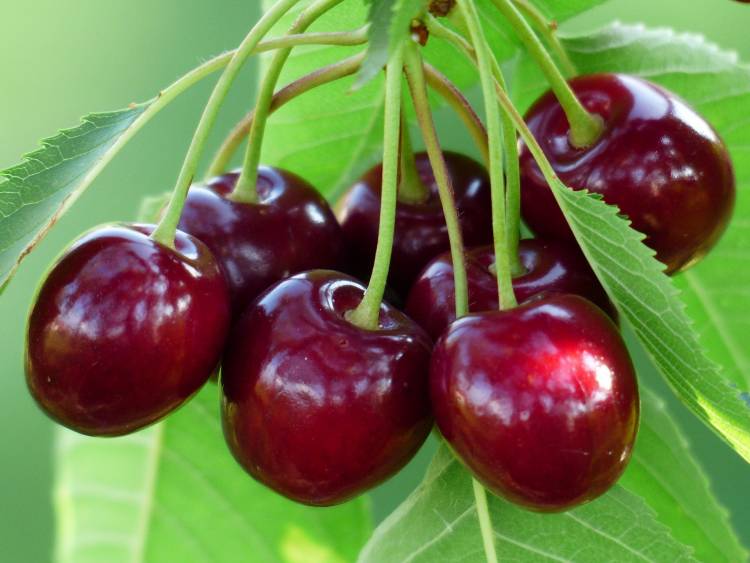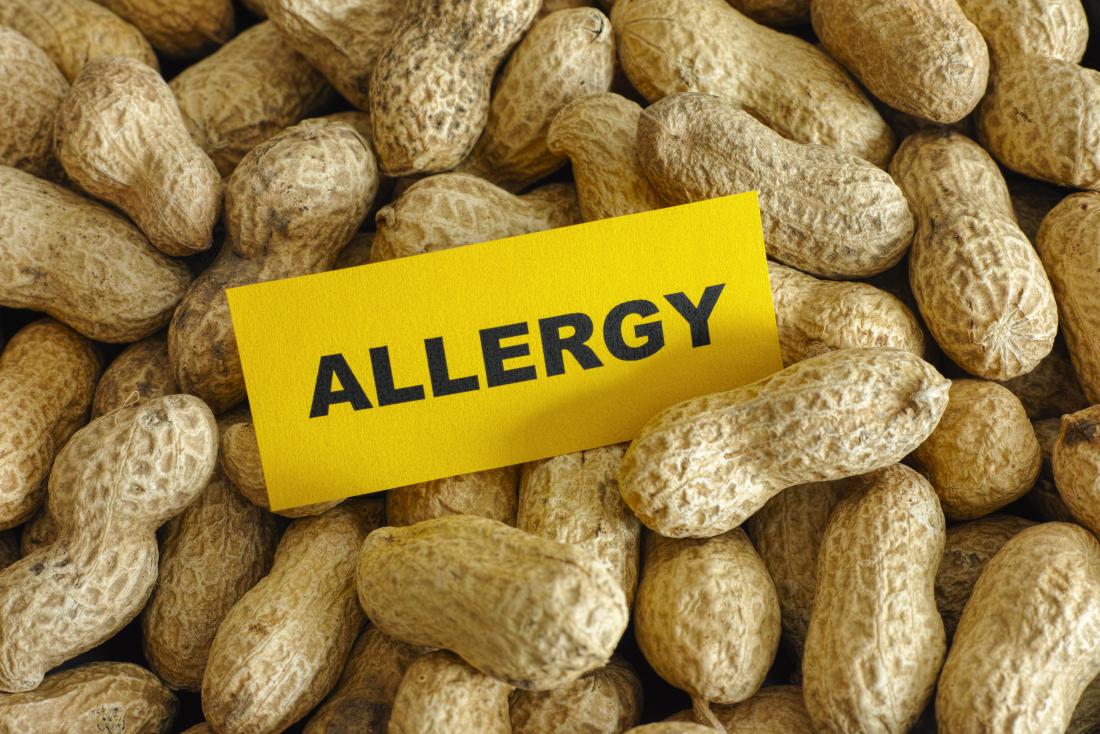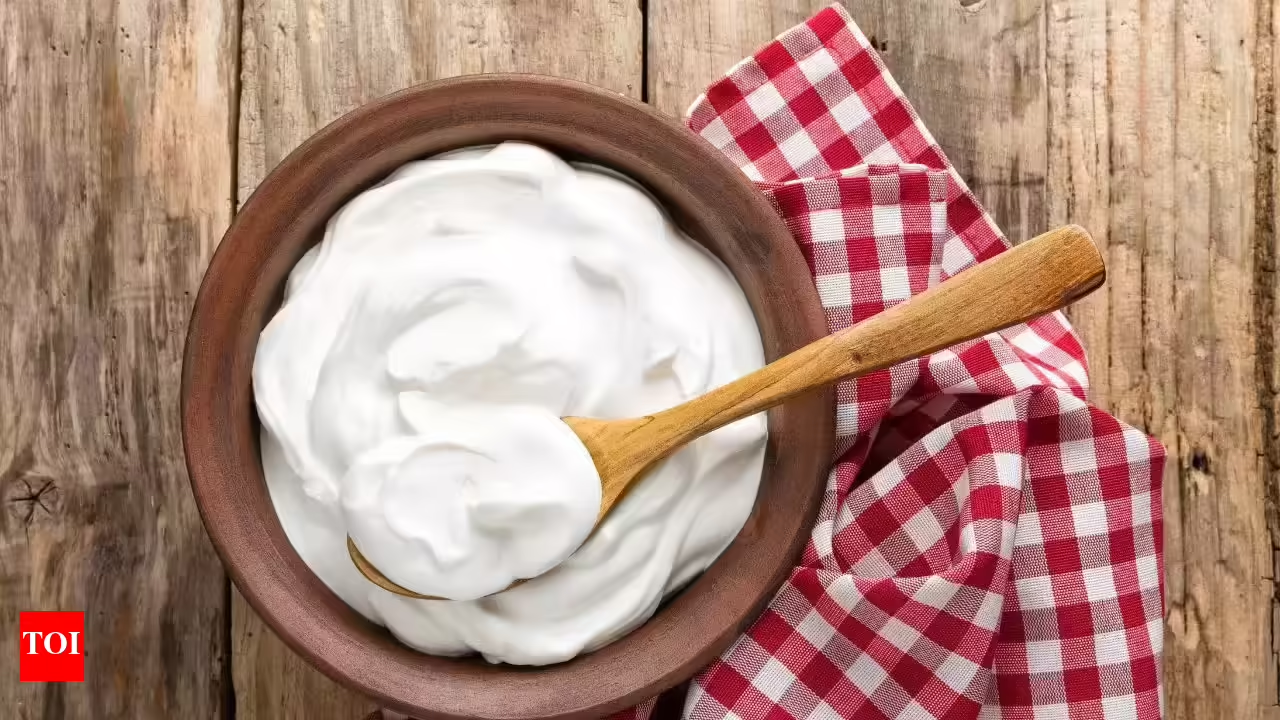Introduction
Tart cherries (Prunus cerasus), especially the Montmorency cultivar, have garnered notable scientific interest due to their potential health-promoting properties. Originating from parts of Europe and Southwest Asia, these sour cherries are now largely grown in the United States, with Michigan leading production.¹
Available in multiple forms—such as juice, dried fruit, concentrate, powder, and supplement—tart cherries have become popular among those seeking functional foods. They have been widely researched for their anti-inflammatory, antioxidant, and cardiometabolic effects.²
Nutritional Composition of Tart Cherries
Tart cherries are rich in a variety of phytochemicals, including anthocyanins, melatonin, quercetin, chlorogenic acid, and other flavonoids. These compounds are not only responsible for the cherries’ intense red hue but also their potent antioxidant activity.¹
Compared to sweet cherries and many other fruits, tart cherries contain a significantly higher concentration of anthocyanins, enhancing their ability to reduce oxidative stress. They also supply beneficial levels of vitamins A and C, potassium, and dietary fiber.³
The fruit’s distinct phytochemical mix includes both anthocyanins, typical of berries, and chlorogenic acids, commonly found in coffee, offering a unique combination of health effects.
Antioxidant and Anti-Inflammatory Potential
Tart cherries have demonstrated strong antioxidant and anti-inflammatory properties in numerous studies. The anthocyanins in these fruits inhibit cyclooxygenase enzymes COX-1 and COX-2, functioning in a manner similar to NSAIDs, but with a more favorable safety profile.⁴ Additionally, tart cherry flavonoids have been shown to suppress NF-κB activity, thereby decreasing cytokine production.⁵
Several meta-analyses confirm that tart cherry intake leads to a measurable reduction in inflammatory markers like C-reactive protein (CRP). While the impact on IL-6 and TNF-α is less consistent, evidence suggests a dose-responsive decline in CRP levels with increased tart cherry consumption.⁶
Effects on Exercise Recovery and Muscle Pain
A growing body of research supports the role of tart cherries in mitigating post-exercise muscle damage. Consumption of tart cherry products has been linked to faster recovery of strength, reduced muscle pain, and decreased inflammation after intense physical activity.⁷
A meta-analysis covering ten RCTs concluded that tart cherry concentrate improves endurance performance and lowers muscle soreness, especially when taken for seven days before and on the day of exercise. This is thought to be due to reduced oxidative stress, inhibition of inflammation-related enzymes, and improved blood circulation through enhanced nitric oxide availability.⁷
Impact on Sleep Quality
Melatonin, a natural regulator of sleep-wake cycles, is present in tart cherries. Clinical trials have shown that tart cherry juice can improve sleep quality and duration. In one placebo-controlled trial, participants who consumed tart cherry juice experienced increased sleep efficiency, extended sleep duration, and higher levels of melatonin metabolites.⁸
Although subjective sleep improvements are sometimes limited, objective measures such as total sleep time have shown positive outcomes.² Tart cherries may, therefore, be useful in managing sleep disturbances and circadian rhythm disorders.
Cardiovascular Benefits
Evidence suggests that tart cherry intake may offer cardiovascular advantages. In one randomized controlled trial, consumption of 60 mL of Montmorency cherry concentrate significantly lowered systolic blood pressure in men with early-stage hypertension. This effect is likely due to elevated levels of phenolic acids, such as vanillic and protocatechuic acids.⁹
Both juice and capsule forms have been associated with reduced insulin levels and improved systolic blood pressure in individuals with metabolic syndrome.¹⁰ However, inconsistent results from long-term trials highlight the need for more extensive, controlled studies to confirm these effects.³
Metabolic Health and Weight Management
A number of studies suggest that tart cherries may modestly reduce fasting glucose, particularly in individuals with elevated glucose or obesity.⁵ However, the evidence for changes in BMI, insulin resistance, and lipid profiles remains inconclusive.
Most studies in this area have been of short duration—generally under 12 weeks—and involved small participant groups, which restricts the generalizability of the findings.
While some subgroup analyses hint at metabolic benefits under specific conditions, more robust clinical trials are necessary to substantiate these claims.⁵
Safety, Dosage, and Usage
Tart cherry products are considered safe for most people, with minimal side effects reported. In clinical trials, daily dosages generally range between 30 and 60 mL of juice concentrate or equivalent in supplement form. A daily intake of at least 30 mL appears effective for antioxidant and anti-inflammatory benefits, with higher doses (up to 120 mL) offering stronger effects in some studies.⁶
There are no widely reported interactions between tart cherry and prescription medications, though individuals on anticoagulants or with known allergies should consult their healthcare provider before use.
Liquid forms of tart cherry—such as juice and concentrate—offer higher and more consistent bioavailability compared to dried forms. Additionally, capsule or powder-based supplements may offer sustained release and greater convenience.








